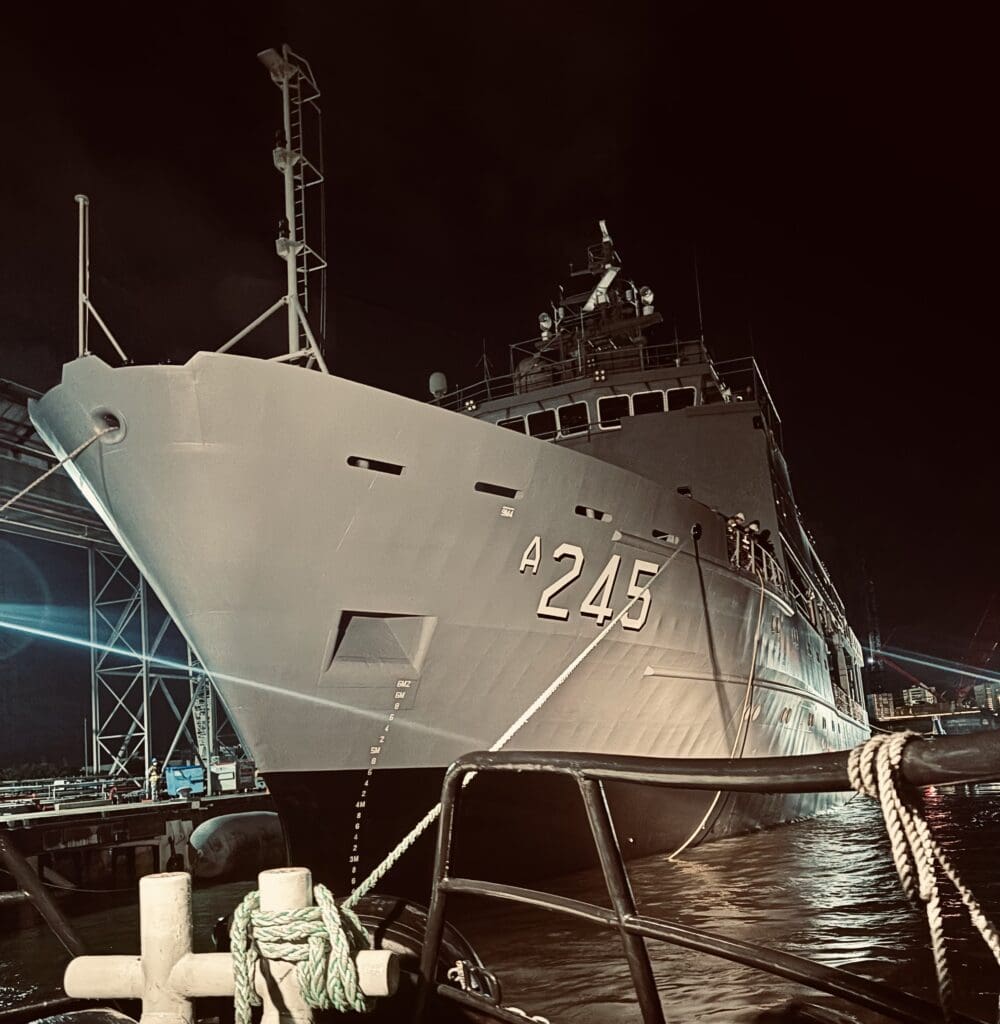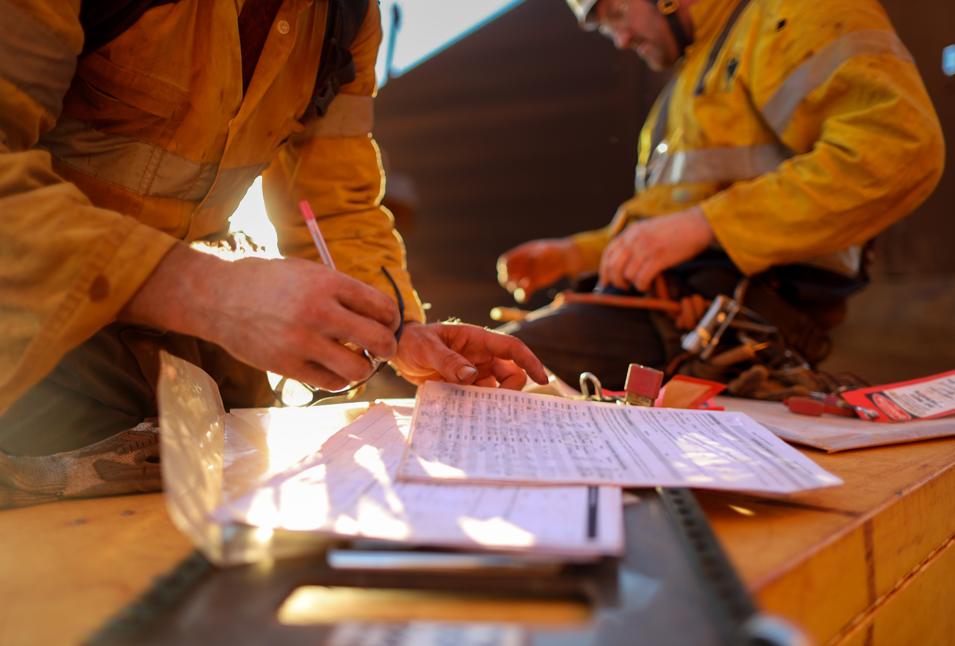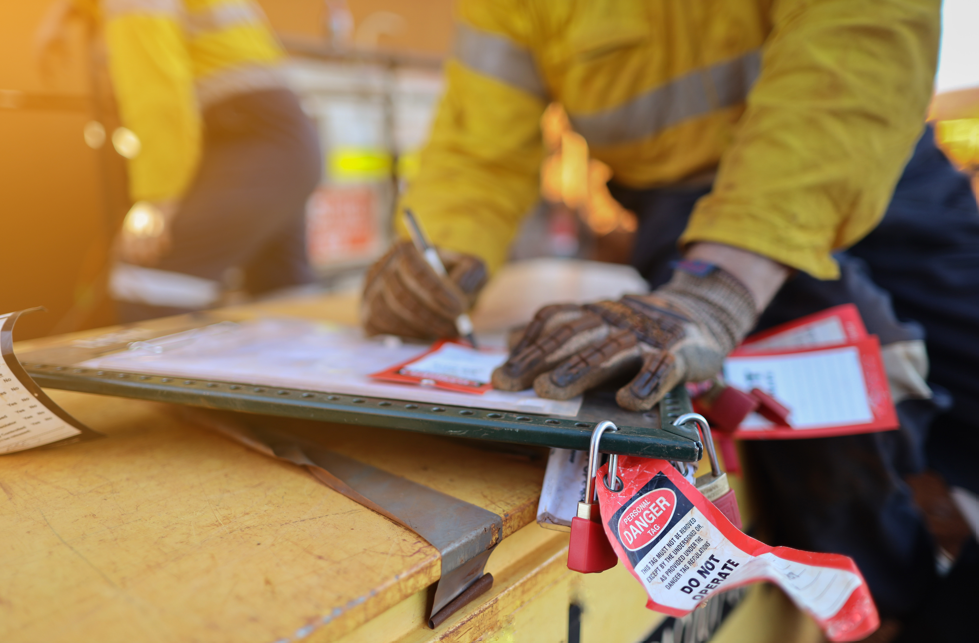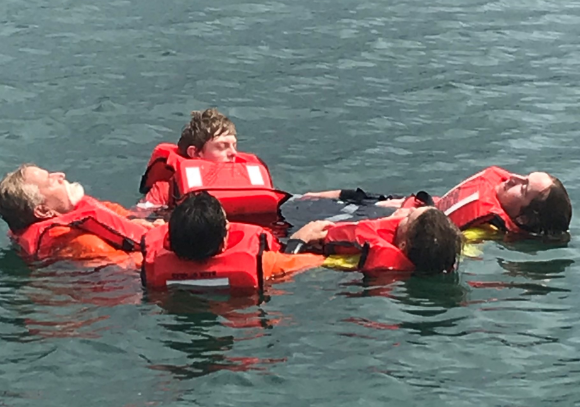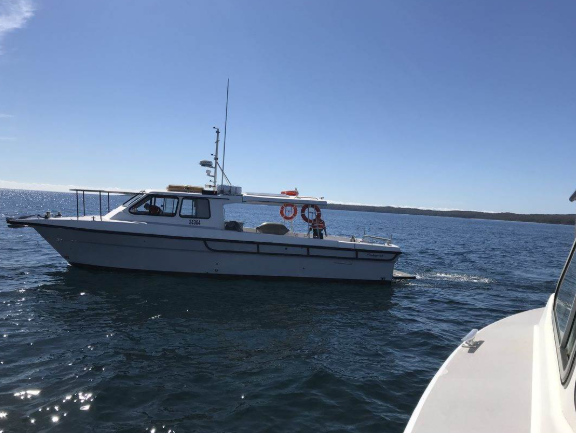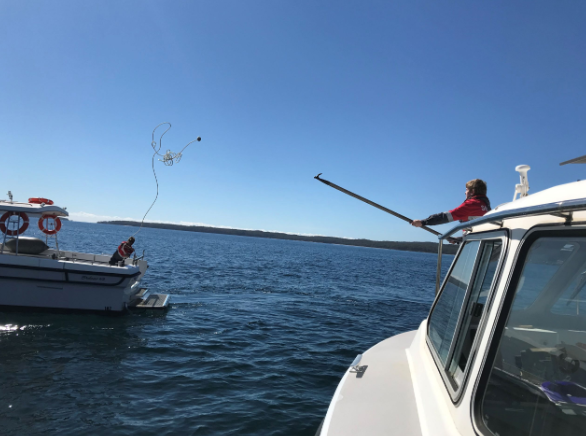The packaging rules for the MR30924 Certificate III in Maritime Operations outline the specific requirements for the qualification, detailing the combination of units that need to be completed to achieve the certification. These rules ensure that learners are equipped with the necessary skills and knowledge to work effectively in maritime operations.
Packaging Rules for MR30924 Certificate III in Maritime Operations:
Total Units Required:
To achieve the MR30924 Certificate III in Maritime Operations, learners are required to complete a total of 16 units of competency.
Core Units
Learners must complete the core units listed below, which are essential to the qualification. These units cover fundamental skills required for maritime operations, such as safety procedures, engine operation, and emergency management.
Elective Units:
Learners must complete a specific number of elective units in addition to the core units. These electives allow learners to specialize or enhance their skills in specific maritime areas.
Elective Units Include (examples):
- MARC005: Manage an engine room.
- MARD008: Navigate near coastal waters.
- MARA001: Perform operational checks on equipment.
- MARH002: Carry out vessel loading and unloading operations.
- MARI007: Respond to an oil spill or similar emergency.
- MARL004: Maintain a marine vessel.
Unit Selection:
The core units listed below are mandatory for all learners and provide the foundational knowledge and skills required for the qualification.
Elective units can be selected from a provided list of units, allowing learners to tailor the qualification to their specific interests and career goals within the maritime industry.
Elective units can focus on various areas such as navigation, marine safety, environmental management, communication on board, and more. Learners may choose electives that best suit their career path or job role aspirations in the maritime industry.
Customizing Electives:
Elective units must be chosen in accordance with the training provider’s selection options, and some electives may require certain prerequisites or prior knowledge to ensure they align with the learner’s needs and career objectives.
Core Units:
